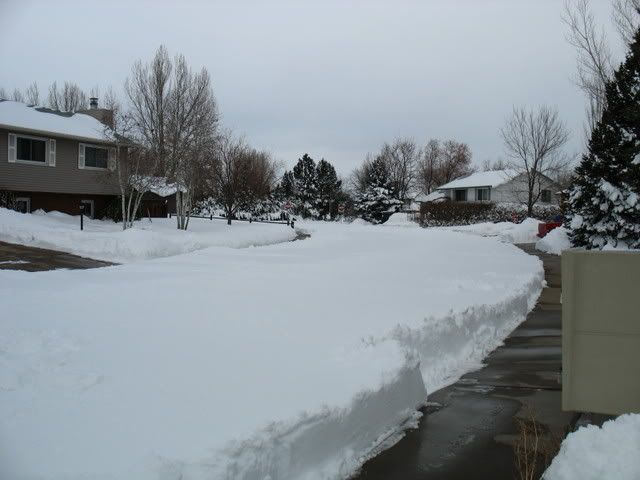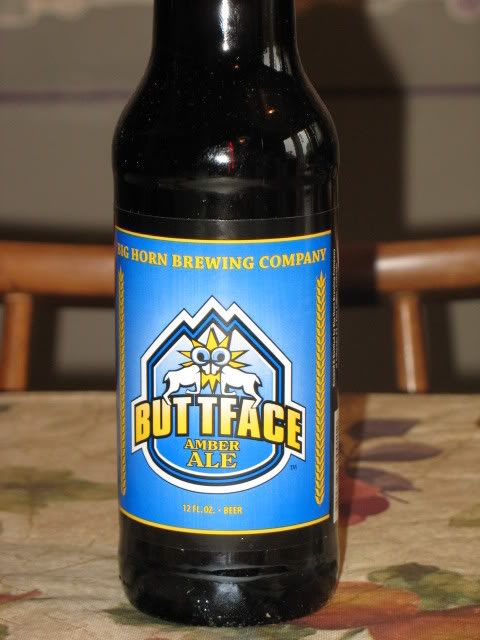Just recently purchased a "new to me" 1983 R100RT with 56k miles. What should be done since riding season probably is still months away? (0 F and snow now) It starts and idles smoothly but there was no opportunity to take it for a test ride. Change oil in the engine, trans, final drive, what else? Now or wait until spring? After searching these forums, some suggested replacing the brake fluid annually. Does this really need to be done? Should the fuel tank be kept full or empty? Are there things I should be looking for with this model?
So far, all I've done is check fluid levels (all fine) and valve adjustment (within specs). Picked up a trickle charger.
Lots of questions...
So far, all I've done is check fluid levels (all fine) and valve adjustment (within specs). Picked up a trickle charger.
Lots of questions...
Last edited:



 .
. 



